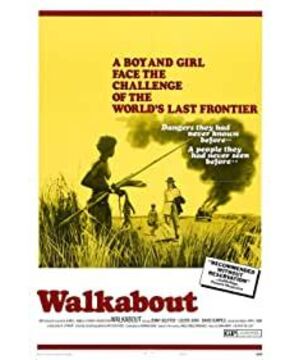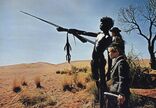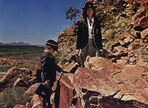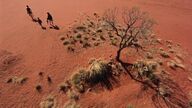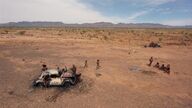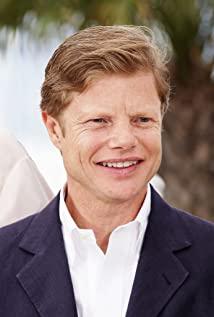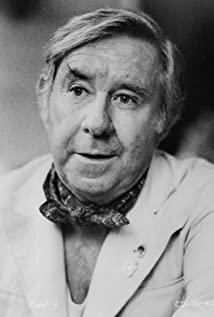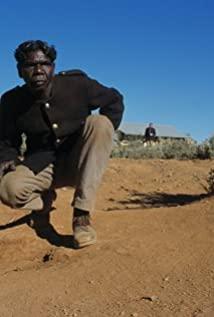About the name of the film walkabout walkabout is an Aboriginal coming-of-age ceremony, usually between 12 and 16 years old, men will live in the wilderness for up to 6 months in order to achieve the transition from physical and mental to adulthood. . Walkabout is like a kind of spirit, a gene is imprinted in the bodies of Australian aborigines. Even if they still walkabout now, this is their embarrassing place. They are outside the lives of most Australians, and it is impossible to return to the hunting era. . This embarrassment began when Captain Cook set foot on this land for the first time. Australia was used as a place of exile for criminals and brought infectious diseases such as smallpox and tuberculosis to the indigenous people. 90% of the indigenous people died. It was not until the 1960s that the indigenous people had a little bit of human rights. It was not until 2008 that Prime Minister Rudd apologized to the "stolen generation" at the national level. The film was released in 1971. In the controversial Gough land case that year, Judge Blackburn ruled that Australia had no ownership before British colonization and that there was no concept of aboriginal title in Australian law. Of course, the film does not focus on the human rights of the aborigines, but presents two civilizations. But it can also give a glimpse of the living conditions of the aborigines. If you say Don' t look now (Venice Suspicious Soul) is the art of editing, and walkabout (Miss Brother Wasteland Adventure) is the art of contrast. The contrast between the young lady’s brother wearing a school uniform and holding a radio with Australia’s wilderness environment and wildlife, and the contrast between the indigenous people who only cover their lower body, creates a different kind of beauty, because wearing a school uniform and listening to the radio is even with the indigenous people. No matter how harmonious the little brother gets along, there is a boundary, and the boundary between two civilizations exists independently. Trees full of sexual cues from the lower body are the original sexual fantasies of the indigenous people, which is in contrast to the male meteorologists peeking into the breasts and legs of women. Indigenous people hunted rabbits and kangaroos, smashed kangaroo legs with stones and barbecued. Compared with white people hunting buffaloes, the world is inhumane and all things are ruling dogs. Who is more cruel and savage? The comparison between the suicide of the aboriginals and the suicide of the younger brother’s father is based on my own civilization. According to statistics, the suicide rate of the aboriginals in Australia is quite high. Hunting the buffalo in the ground, in contrast to the huge gap, or he would think that the white man is the destroyer of the world. The suicide of the younger brother's father came from the indifference, emptiness and hypocrisy brought by industrial civilization. In the end, the younger brother returned to the original society. The sister got married but had a cold relationship with her husband. She thought that she was still living with the indigenous people, living a primitive life naked. This is not to say that she regrets it, even if she is given another chance, she will still return to the industrial civilization. It expresses a kind of civilized embarrassment. The life of the indigenous people is too backward, and the life of the white people is empty. The section of Aguter's nude swimming was so beautiful, diving into the water, the surface of the water fluctuated and the half-floating leaves were staggered to reflect the light and shadow. Just like Monet's paintings.
View more about Walkabout reviews


